Guide to Myasthenia Gravis

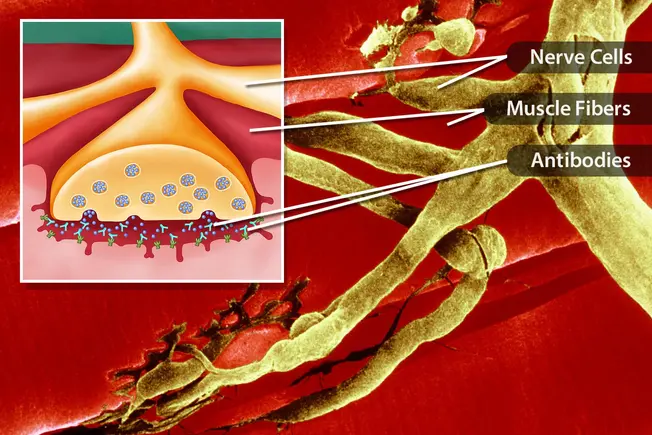
What Is It?
Myasthenia gravis happens when your immune system -- your body's defense against germs -- makes antibodies that disrupt nerve signals. The result is that your muscles get weak. It usually doesn't go away, but your doctor can help you manage your symptoms. You might notice it first in the muscles of the eye, but it can affect all "skeletal" muscles, like those that move your legs and arms or help you breathe.
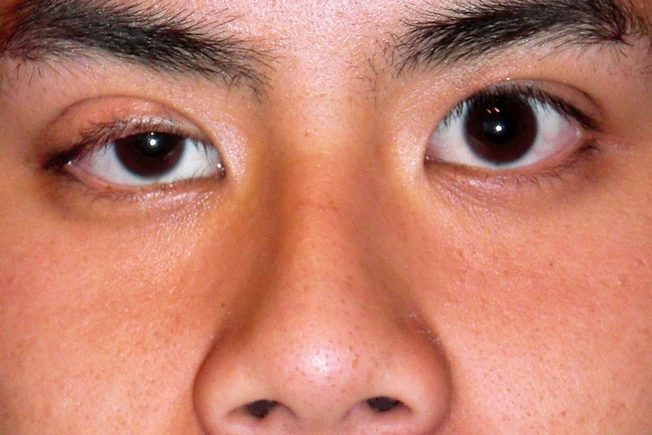
Symptoms: Your Eyes
Drooping eyes (ptosis), is the most common symptom of myasthenia gravis. The disease weakens the small, delicate muscles around the eyes, which makes it harder to keep them completely open. You also might find it harder to control their movement and to focus on objects, causing blurred or double vision. One form of the disease, ocular myasthenia, limits itself to the eye muscles.
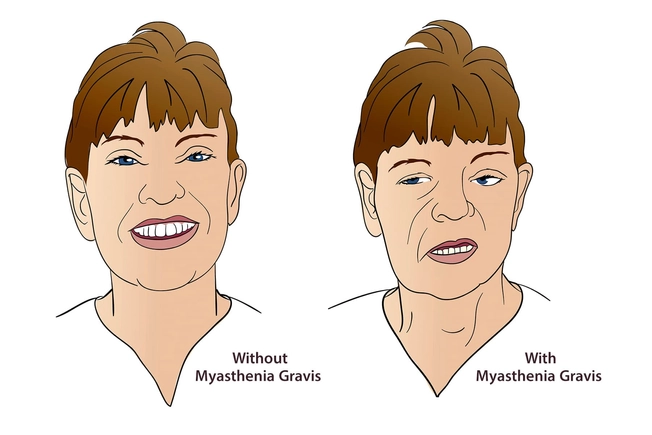
Symptoms: Your Face and Throat
Myasthenia gravis commonly affects the muscles of the face and throat. That might cause an expression on your face that appears awkward or unusual. For example, you might appear to be snarling when you try to smile. You could have trouble holding up your head or notice problems in speaking. Some people find it hard to chew and swallow, which might lead you to drool, gag, or choke.

Symptoms: Breathing Problems
When myasthenia gravis weakens the muscles around your chest cavity, you may find it harder to breathe. Stress, infection, and even certain medications can trigger an emergency called a "myasthenic crisis," where you need help from special equipment to breathe. Talk to your doctor right away if you notice any problems with your breathing.

Symptoms: Arms and Legs
When you have myasthenia gravis, how much muscle weakness you get depends on your activity level and things like stress, diet, and overall health. At certain times, weakness in the arms and legs can make it hard to lift things, climb stairs, or even to stand up. The way you walk may even look different than it normally does. Rest typically helps.
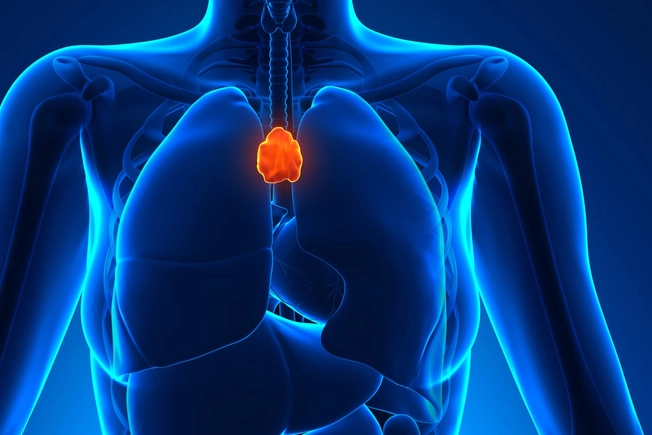
Thymus Gland Problems
Some people with myasthenia gravis have a larger than normal thymus gland -- an organ in your upper chest. It's part of your body's immune system. You might also get tumors in the thymus gland. They're generally harmless, though sometimes they can become cancerous.

Causes
Myasthenia gravis is an autoimmune disease, which means your immune system attacks your body's own tissues. Scientists believe your genes play a big part, but they don't know which ones. Research continues about this mysterious disease.

Why Your Condition Could Get Worse
There are a number of things that could make your myasthenia gravis symptoms worse, such as:
- Illness
- Stress or tiredness
- Pregnancy or monthly period
- Certain medications, such as beta blockers, quinidine gluconate, quinine, quinidine sulfate, phenytoin, some anesthesia drugs, and antibiotics

Diagnosis: Exam
Your doctor will look at your medical history and examine your body. They will likely check tone, strength, and coordination of your muscles and eye movements. Because weakness is a symptom common to many different illnesses, it may take a while -- sometimes even as long as 2 years -- before they make a full diagnosis. This is especially true in mild cases or where weakness is limited to just a few muscles.
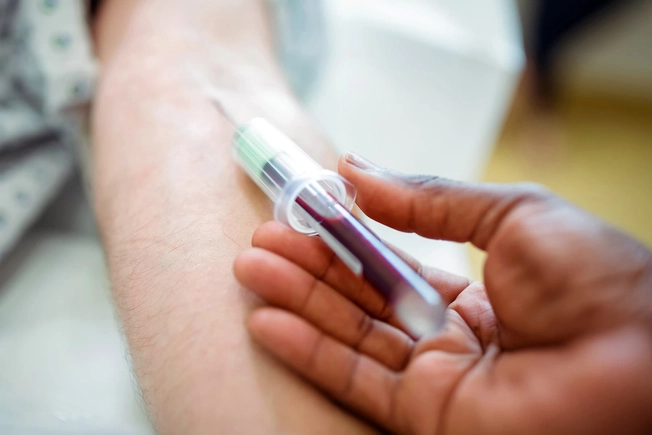
Diagnosis: Tests
You may get an edrophonium test, where you get a drug to relieve eye problems while your doctor sees how you react. A blood test can check for higher levels of certain antibodies. An electric stimulation test sees how quickly your muscles tire. An electromyography checks the signal from nerves to muscles. CT scans or MRIs look for a larger than normal thymus gland or for tumors on the gland. And a lung test may be useful to help your doctor predict a myasthenic crisis.

Treatment: Surgery
If there are one or more tumors on the thymus gland, your doctor will likely suggest surgery to remove the tumor or tumors. This often improves symptoms and lessens the need for medication. The operation often helps even when there are no tumors. It can take as long as a few years to see results. "Open" surgery goes in through your breastbone (the thymus is behind it), but there are less invasive options for some people.

Treatment: Medications
Your doctor might suggest you take:
- Anticholinesterase medications to improve the sending of signals to your muscles.
- Immunosuppressive drugs to help improve muscle strength by slowing or stopping the making of harmful antibodies.

Treatment: Intravenous (IV) Therapies
IV treatments add or remove blood and medicines through a needle in your vein, usually in the arm. You typically get them when symptoms suddenly get worse. They sometimes help for up to a few months.
- Plasmapheresis removes plasma (part of your blood) to get rid of harmful antibodies and replaces with good plasma.
- Intravenous immunoglobulin gives you normal antibodies to change how the immune system is working.
- Monoclonal antibodies are medications sent through an IV and usually only used after other treatments fail.

Who Gets It
It happens most often in women under 40 and men over 60, but you can get it at any age, including childhood. Though it's rare in infants, there are cases where a mother with myasthenia gravis can pass antibodies that cause the condition to their baby (neonatal myasthenia). In those situations, it's not typically serious and symptoms usually go away around 3 months after birth.

Outlook
If you take your medication and follow your doctor's guidance, you can often improve your muscle weakness quite a bit and lead a mostly normal life. In some cases, your symptoms may go away completely, which is called "remission." You might not need medicine any longer. About half of all people with myasthenia gravis who have surgery to remove their thymus gland go into a long-lasting remission.